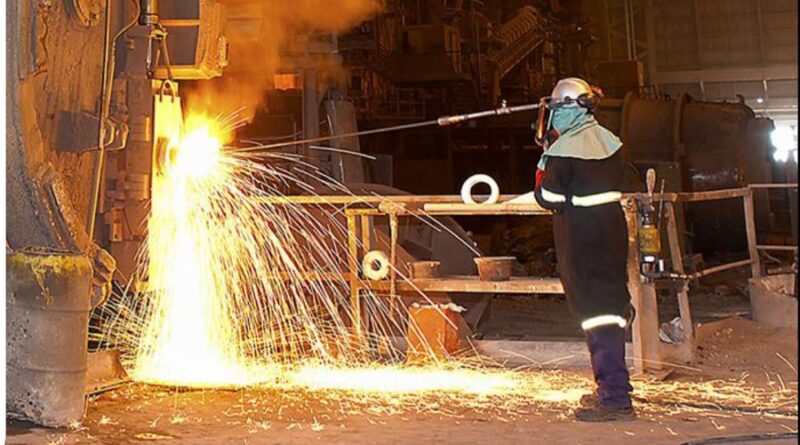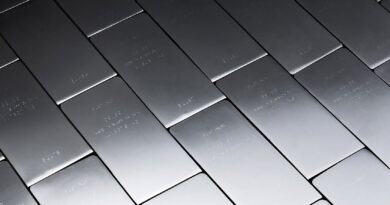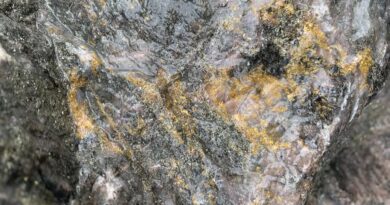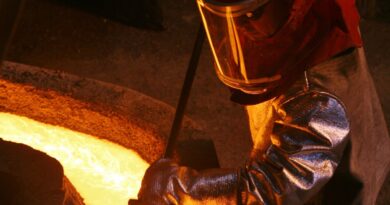ArcelorMittal SA to develop two 100MW renewable energy projects
ArcelorMittal South Africa has shown stronger headline earnings of R3 025 million for 2022 (2021: R2 482 million) were supported by higher EBITDA of R3 591 million (up 12%) and notably lower net finance charges of R250 million (2021: R445 million). The net debt position was 61% lower at R1 087 million (2021: R2 782 million), as well as R171 million below 31 December 2021 levels (R1 258 million) due to cash generated from operations.
The Company’s more growth-orientated Value Plan Programme, successor to the successful Business Transformation Programme, realised improvements of R577 million, being commercial-related initiatives of R343 million and cost-based initiatives of R234 million. This result was notable given the backdrop of disruptive events which lead to a 30% drop in crude steel production.
The following events require highlighting to appreciate complexity of the delivery of this financial performance:
- A month-long shutdown of one of Vanderbijlpark’s blast furnaces and the intermittent stoppages of the remaining fleet to avoid the risk of an uncontrolled stop due to insufficient inventory, particularly of iron ore, resulting from the unavailability of the rail service
- Impact on customers of the damaging floods in KwaZulu-Natal
- An unnecessary two-week labour strike and associated violence, intimidation, criminality and misconduct
- Severe electricity load shedding which is proving to be particularly disruptive to suppliers and customers
- A softer local steel trading environment
The rail, labour and electricity events represent lost opportunities, which is lamentable for a country that so desperately needs to take advantage of every economic opportunity to rebuild after the destructive pandemic.
South Africa experienced its worst bout of electricity loadshedding in June 2022, taking the year-to-date levels for 2022 to the full-year 2021 levels. The situation is aggravated by highly unreliable municipal infrastructure. Loadshedding is negatively impacting the economy and does not bode well for investor sentiment and job creation.
As a sign of confidence in the country, ArcelorMittal South Africa, with the support of the ArcelorMittal Group, announced that it was embarking on a process to develop two 100MW renewable energy projects, planned for Gauteng and the Western Cape, subject to the outcome of a feasibility study, which should be finalised in 2023/2024 with the objective of yielding meaningful cost reduction benefit by 2024/25. These benefits will be increased and accelerated if regulations are relaxed.
Regarding energy diversity and supply, like many major manufacturers, ArcelorMittal South Africa is dependent on a ready supply of competitively priced natural gas. With dwindling supplies of natural gas from the current source in Mozambique, the Company is working closely with the Industrial Gas Users Association of Southern Africa (IGUA-SA) to find a solution to this challenge. Progressing South Africa’s Gas Master Plan with key public and private sector parties will be vital to ensure that South Africa is not inappropriately exposed to the increasingly vital commodity.
In the first quarter of 2022, the global steel environment reflected the implications on supply from the Russia-Ukraine conflict, with stronger than anticipated steel prices because of tighter supply/demand dynamics.
The second quarter saw an increase in uncertainties and risk, including the length of the Russia-Ukraine conflict; implications of higher energy prices and inflation on economic activity and consumer confidence; the slow-down in China; and the risk of recession in the US and EU due to tighter monetary policy.
Regarding fair trade protection, numerous import duty and safeguard investigations and reviews initiated internationally with a specific focus on China, Russia, Turkey and India. South Africa is one of the least protected jurisdictions globally for steel trade, with rate structures notably lower than comparable countries.




